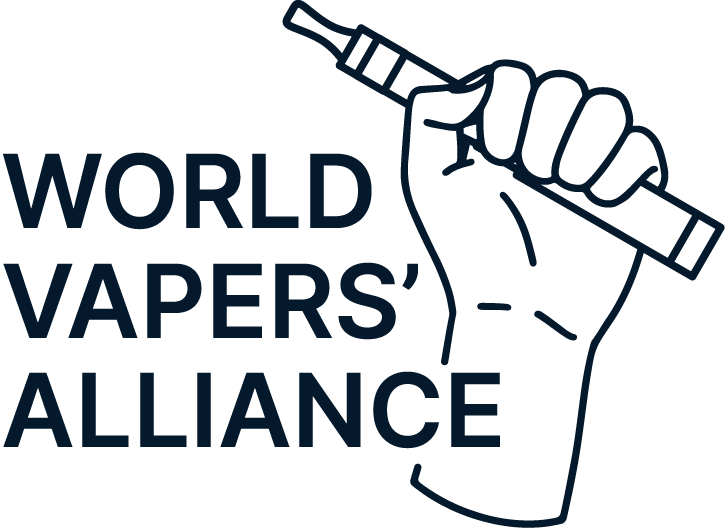Kolumbijská kongresmanka za Zelenou alianci Carolina Giraldo minulý týden představila iniciativu na zvýšení daně z tabáku v rámci daňové reformy, která se v zemi chystá. Iniciativa, která je prezentována jako zdroj příjmů pro stát a “ve prospěch základního práva na zdraví”, bohužel zahrnuje i zavedení daně pro vapery. Kolumbie se tak připojuje k dlouhému seznamu zemí, které se snaží odradit od vapování prostřednictvím vyšších daní.
Tato iniciativa je odsouzena k neúspěchu ve svých navrhovaných cílech. Existuje dostatek vědeckých důkazů, které zaručují, že zavedení daně z vapingu nejenže nedosáhne svých cílů, ale bude škodlivé a kontraproduktivní.
V první řadě je pozoruhodný nedostatek širokého a upřímného sociálního dialogu ohledně návrhu. Jak odsoudil Asovape Kolumbie Na sociálních sítích iniciativa ignoruje svědectví a zkušenosti tisíců uživatelů a podnikatelů v oblasti vapingu v zemi. Kongresmanka Carolina Giraldo svůj návrh nekonzultovala s žádnou z dotčených skupin, ale místo toho jej bez jakékoli veřejné debaty zaslala přímo ministrovi financí. Tělo iniciativy podle... El Espectador, byl napsán s pomocí institucí, které po léta vedly zaujatý, protivědecký a nepřátelský diskurz proti vapingu, jako je Nadace Anáas nebo síť PaPaz (obě souvisejí s Michaelem Bloombergem).
Za druhé, sama kongresmanka pojala svou iniciativu jako zdroj generování zdrojů pro stát a později ji odůvodnila ujištěním, že je ve prospěch základního práva na zdraví. Vaping je – nebo by měl být – zasazen do základního práva na zdraví, protože je mnohem méně škodlivé než kouření a velmi účinná metoda pro odvykání kouření, což vede ke zdravějšímu životu a prodlužuje délku života těch, kteří přejdou na jinou technologii. Odrazování od vapování prostřednictvím daní, které tím, že produkty prodražují dotlačit vapery zpět ke kouření a zabránit kuřákům v přechodu na vapování, je skutečným útokem na toto právo, na které se kongresmanka odvolává. Navíc vapeři nejsou zdrojem peněz, které by se měly ždímat, aby vydělávaly peníze ve prospěch vlády – jak je vidí kongresmanka – jsou to lidé a jejich zdraví by mělo být nad potřebou státního financování.
Konečně je pochybné, že zvýšení daní pro vapery zvýší daňové příjmy vlády a zároveň přispěje ke zlepšení veřejného zdraví. V současné době vapeři platí daň z přidané hodnoty z produktů, které kupují v obchodech, a obchody platí daně ze zisků, které generují. S touto iniciativou lze očekávat, že vyšší ceny na legálním trhu přesunou některé spotřebitele na neformální trh, kde se neplatí žádné daně (a kde produkty postrádají kontroly bezpečnosti a kvality).
Je nezbytné, aby politiky byly vždy navrhovány s ohledem na zájmy dotčených skupin, zejména pokud jde o zdraví. Proto naléhavě žádáme kongresmanku Carolinu Giraldo a všechny kolumbijské zákonodárce, aby se spojili se skupinami spotřebitelů vapingu a podnikateli v oblasti vapingu, aby se dozvěděli více o tomto nástroji pro snižování škod způsobených tabákem a aby dosáhli legislativy založené na důkazech.







